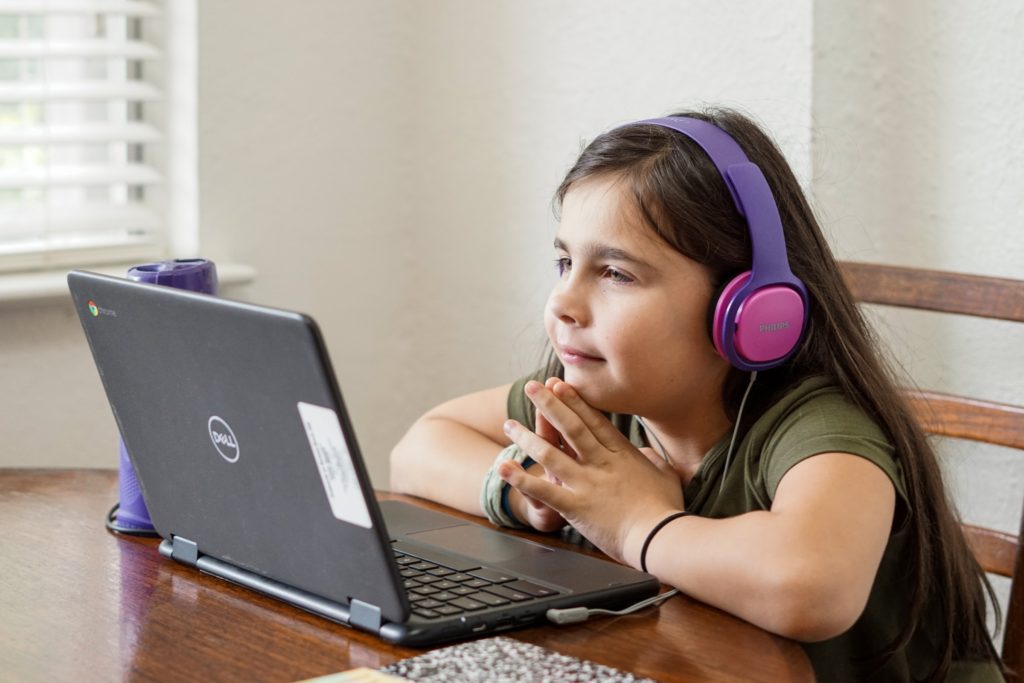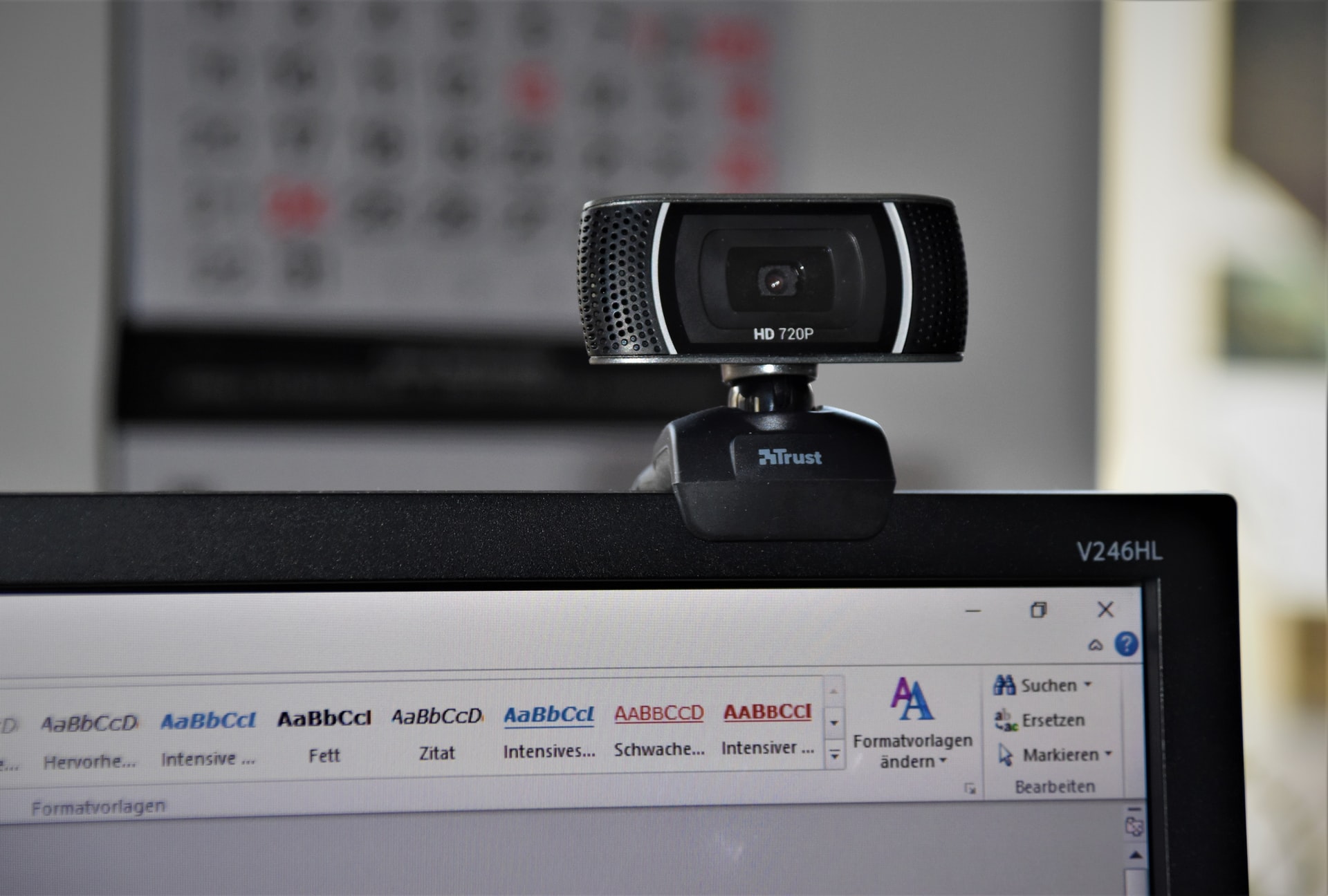This age has witnessed unprecedented technological innovations that were regarded as impossible some decades back. But these innovations come with risks and problems as well. In this article, we will be talking about how to protect your children’s cameras from viruses, spies, and hackers. Due to the digitization of the education sector and virtual learning, even kids use a webcam for virtual classes.
There’s a need for parents and guardians to secure their kids’ webcams from online predators and hackers. Statistics from the FBI states that roughly 50% of total online victims fall between the age of 12-15 years. Unfortunately, this is the age that kids most likely start exploring the internet without parental guidance or supervision.
As a parent or guardian, if you are insistent on preventing your kids from becoming victims of hackers, you need to ensure their webcam is secured from virtual peeping toms.
Here are the tips to ensure your kid’s webcam is safe from hackers.
Tips to Secure Your Children’s Webcam

Install Security Software
This is arguably the most important tip, and it shouldn’t be overlooked. If your kids’ device doesn’t have any security software on it, you need to look after it first. This software is responsible for alerting the device’s use of the presence of malware and, in most cases, nips the issue in the bud before it even becomes an issue on your device.
Getting effective security software protects your PC from viruses, hackers, and spies. It is a great investment, and the security it provides is priceless.
Stay Away from Links You Don’t Trust
The primary way hackers or cyber predators get access to your webcam is through spyware or malware. So the best thing is to make sure you avoid clicking on links from unreliable sources. Furthermore, you still have to be alert because malware can also come from trusted sources. For instance, the source can be the emails of people you know.
When you see something that looks fishy, or it’s coming from someone you’re not expecting from, ignore it until you get confirmation from that particular person through other modes of communication.
Be Wary of People You Don’t Know Online
Just as you train your kids to adhere to specific rules concerning strangers they meet every day, also teach them to apply such rules online. For example, train them to stay clear of strangers online and keep their personal information confidential. Be watchful of your kids’ internet activities, even if they do harmless things such as playing video games or streaming videos online.
Let them know that it’s never okay to share information such as their pets’ names, siblings, school, age, residence, and other information that shouldn’t be divulged to a stranger.
Don’t Expose Your Webcam
This is perhaps the easiest tip to safeguard your camera from hackers. It’s a trick that was made popular by Mark Zuckerberg, founder of Facebook and the head of the FBI. Simply cover your webcam (usually located at the top center of your PC screen).
You can cover your webcam by using black tape, a laptop casing that covers your camera, or in some cases, your thumb.
Protect Your Wireless Connection
An unprotected network connection can also allow hackers to gain access to your webcam. Ensure that you take the right steps to secure your home networks and WiFi. Train your kids to be careful when connecting to a public network. The mere fact that it’s a public network means it’s very easy for a hacker to gain control of your PC and even your webcam by logging into the same network as you.
Be Acquainted with your Device
Suppose your device does odd things such as emitting unusual noises, the camera light blinking without any involvement on your part, or rebooting on its own. In that case, that can be a sign that it’s infected with malware or spyware. Check it out and ensure your information is secure.
